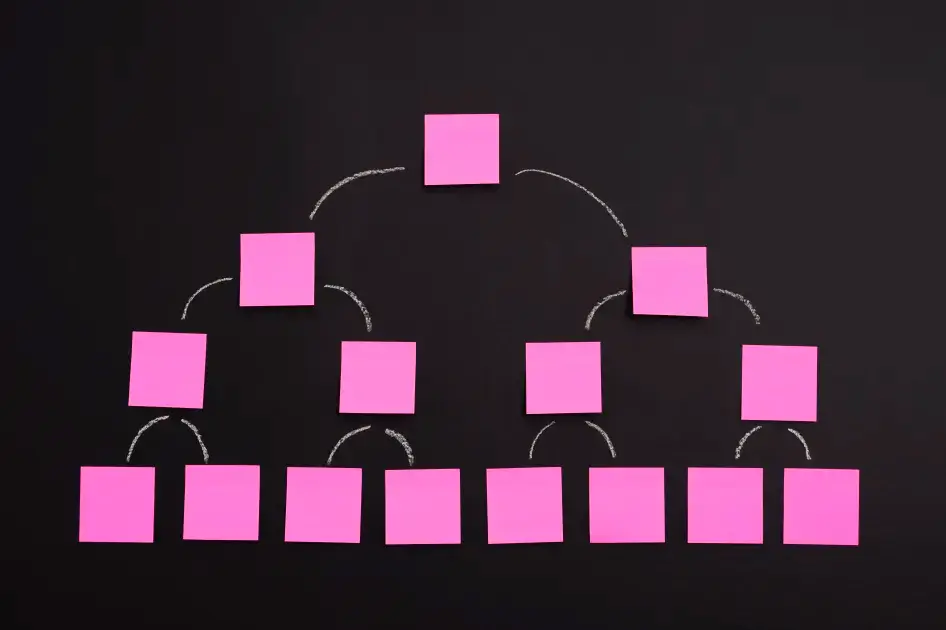Key Concepts
Here are a few terms explained simply to help you understand the technologies and solutions used in this project:
- Merkle Tree: A method of organizing data that allows you to quickly and securely verify whether specific information is part of a larger dataset. It’s a tool often used in blockchain systems to manage large amounts of data efficiently.
- Smart Contract: A self-executing program on a blockchain that automates agreements and transactions. It follows predefined rules and ensures transparency without relying on intermediaries.
- On-Chain Storage: Data that is stored directly on the blockchain. While secure, it can be expensive and slow when handling large amounts of information.
Business Problem
The inability to verify large datasets was causing significant inefficiencies for this client. Their blockchain smart contract was limited to verifying just 1,000 entries due to cost and resource constraints, which led to several roadblocks:
- High Setup Costs: The initial setup process required 50 separate transactions, consuming both time and money.
- Limited Capacity: The smart contract couldn’t handle datasets larger than 1,000 items, restricting scalability and limiting its usefulness.
- Growth Constraints: This lack of scalability made it impossible to accommodate larger datasets or attract new business opportunities.
These challenges significantly hindered their ability to grow and meet increasing customer demands.
Our Solution
To overcome these limitations, we implemented a Merkle Tree structure within their smart contract. This approach allowed us to scale the system while maintaining cost efficiency. Here’s how we addressed the client’s challenges:
- Scalable Verification: By utilizing a Merkle Tree, we stored only a small piece of information — the Merkle root — on the blockchain. This made it possible to securely verify up to 1 million entries, compared to the previous limit of 1,000.
- Streamlined Setup: The new design reduced the setup process from 50 transactions to just one, saving the client both time and money.
- Cost Efficiency: By minimizing the amount of data stored on-chain, transaction costs and ongoing fees were drastically reduced, creating a more budget-friendly solution.
This solution provided the scalability, efficiency, and reliability the client needed to meet growing demands while staying cost-effective.
Results
The implementation of the Merkle Tree structure delivered measurable results that transformed the client’s business:
- 1,000x Scalability: Verification capacity increased from 1,000 to 1,000,000 entries, unlocking the ability to handle much larger datasets.
- Streamlined Setup: The setup process was simplified from 50 transactions to just one, saving significant time and operational effort.
- Cost Reduction: Lowered on-chain storage requirements significantly reduced transaction costs and rent fees.
- Business Growth: The client was able to expand their market reach, attract new customers, and scale their business to handle larger datasets with ease.
With this solution, the client now has a reliable, scalable system that positions them for long-term growth and success.
